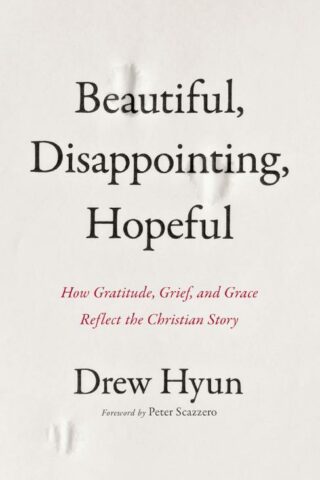Fire For The Choir
$18.68
One of the eternal challenges facing church choir directors is how to recruit new members, and then, how to keep them interested and retain them. No matter how large or small the congregation, it is the energy and commitment of a music program’s participants that ultimately determines how successful it is.
While there are plenty of books about the musical techniques of choir directing, there are precious few that deal with the organizational nuts-and-bolts and the people skills required for a smoothly functioning music program. Ellis Dillard Thompson, a veteran choir director and music educator, shares his tried and proven methods for getting choir members excited — to keep them serving and loving it! He focuses on the role of a church musician as a spiritual leader, and stresses that the road to true success involves basing a music program on spiritual values that uplift, inspire, and motivate participants. And as a bonus, Thompson includes three original choral responses that you can copy and use.
This is an excellent guide that is designed for anyone who participates in music ministry: choir directors, choir members, organists, pastors, music committee members, and worship committee members.
in stock within 3-5 days of online purchase
SKU (ISBN): 9780788017650
ISBN10: 0788017659
Ellis Thompson
Binding: Trade Paper
Published: January 2002
Publisher: CSS Publishing
Print On Demand Product
Related products
-
Be Kind Journal
$9.99SKU (UPC): 0612978553527Binding: OtherPublished: August 2021Publisher: Kerusso
Add to cart1 in stock
-
7 Last Words
$18.99Based on his talks at New York’s St. Patrick’s Cathedral on Good Friday 2015, the New York Times bestselling author and editor at large of America magazine offers a portrait of Jesus, using his last words on the cross to reveal how deeply he understood our predicaments, what it means to be fully human, and why we can turn to Christ completely, in mind, heart, and soul.
Each meditation is dedicated to one of the seven sayings:
*”Father, forgive them, for they do not know what they do.”
*”Today you will be with me in Paradise.”
*”Woman, this is your son” . . . “This is your mother.”?
*”My God, my God, why have you forsaken me?”?
*”I thirst.”?
*”It is finished.”?
*”Father, into your hands I commend my spirit.”With the warmth, wisdom, and grace that infuse his works, Father James Martin explains why Jesus’s crucifixion and death on the cross is an important teaching moment in the Gospels. Jesus’s final statements, words that are deeply cherished by his followers, exemplify the depth of his suffering but also provide a key to his empathy and why we can connect with him so deeply.
Add to cart1 in stock
-
Drawing Pad : Available From Anchor
$4.99Games and Toys
Additional Info
This generously sized drawing pad provides a clean sheet for every creative whim. Premium white bond paper is ideal for pencils, crayons, markers, chalk, watercolor or poster paints.Add to cartin stock within 3-5 days of online purchase
-
Problem Of Pain
$17.99For centuries Christians have been tormented by one question above all — If God is good and all-powerful, why does he allow his creatures to suffer pain? C. S. Lewis sets out to disentangle this knotty issue but wisely adds that in the end no intellectual solution can dispense with the necessity for patience and courage.
Add to cart1 in stock (additional units can be purchased)












Reviews
There are no reviews yet.